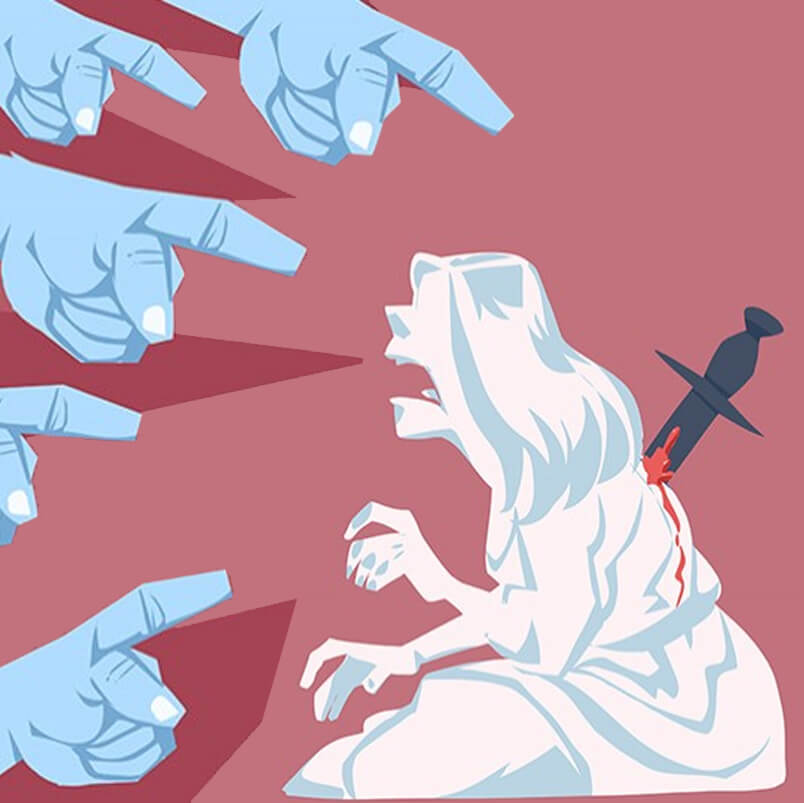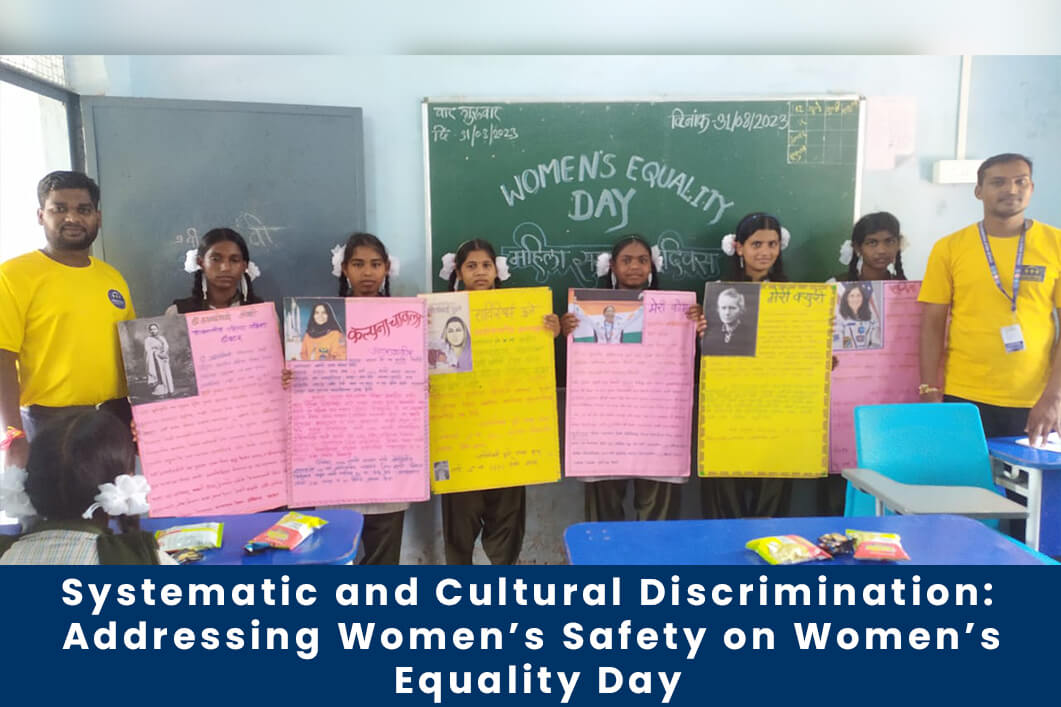The recent tragedy at R G Kar Medical College and Hospital in Kolkata has reignited urgent discussions about women's safety and the pervasive discrimination they face. The prevailing demand for the death penalty for the perpetrators, while understandable, addresses only a symptom of a deeper, systemic issue. The reality is that such measures alone will not eradicate the underlying problem of sexual violence.
August 26 marks Women’s Equality Day, commemorating the achievement of women's suffrage in the United States. This day provides a crucial opportunity to engage in a meaningful dialogue about women’s safety and the systemic discrimination that undermines it.
Sexual violence is not merely an act driven by sexual desire; it is fundamentally about control. As Sherry Hamby, a research professor of psychology, notes, "Sexual assault is not about sexual gratification or interest but about dominating people." This perspective shifts the focus from individual acts of violence to the broader cultural and systemic attitudes that enable them.

Research by social psychologist Antonia Abbey highlights a disturbing trend: victim-blaming. Surveys of men who committed sexual offences revealed common justifications such as, "She was just being hard to get," or the notion that persistence is necessary to determine if "she really means it." These harmful attitudes reflect a broader societal problem. Even notorious offenders like the Nirbhaya rapist have echoed these sentiments, suggesting that the victim is at fault based on her behaviour or appearance. He said “A decent girl won’t roam around at 9 o’clock at night. A girl is far more responsible for rape than a boy. Boy and girl are not equal. Housework and housekeeping is for girls, not roaming in discos and bars at night doing wrong things, wearing wrong clothes. About 20% of girls are good.”
In many crimes, the perpetrators are unequivocally blamed, but sexual assault is distinct in its tendency to place blame on the victim. When someone is robbed, no one questions why they carried cash. Families of murder victims are not told their loved ones were at fault for being out late. Yet, in cases of sexual violence, the narrative often shifts to scrutinise the victim's actions and choices.
At the heart of this issue lies a patriarchal culture that dehumanises women and views them as inferior. This cultural mindset perceives women primarily as objects to be controlled and dominated rather than as individuals with their own rights and autonomy. To combat this, we need more than just punitive measures. We need a fundamental shift in societal attitudes and practices.
Addressing this issue requires systemic change. We must implement gender sensitivity training and educational programs from a young age to foster respect and equality. Boys should be taught to view women as equals and partners, not as objects. Education should go beyond basic rights to include a deep understanding of feminist principles and the impact of systemic gender inequality.
Moreover, we must recognize that women face not only societal but also familial abuse, often within their own homes. Addressing gender-based violence effectively requires confronting these pervasive issues within both public and private spheres.
Child Help Foundation is actively working to promote gender equality, having supported over 86,895 individuals through their programs. However, broad societal change requires collective effort.
Thank you for engaging in this crucial conversation. Share this message with friends and family to foster awareness and drive change. Together, we can work towards a future where women are truly safe and respected.
